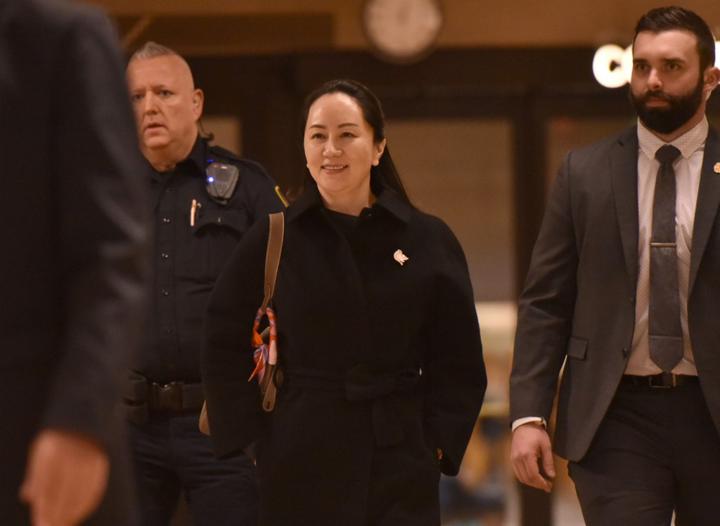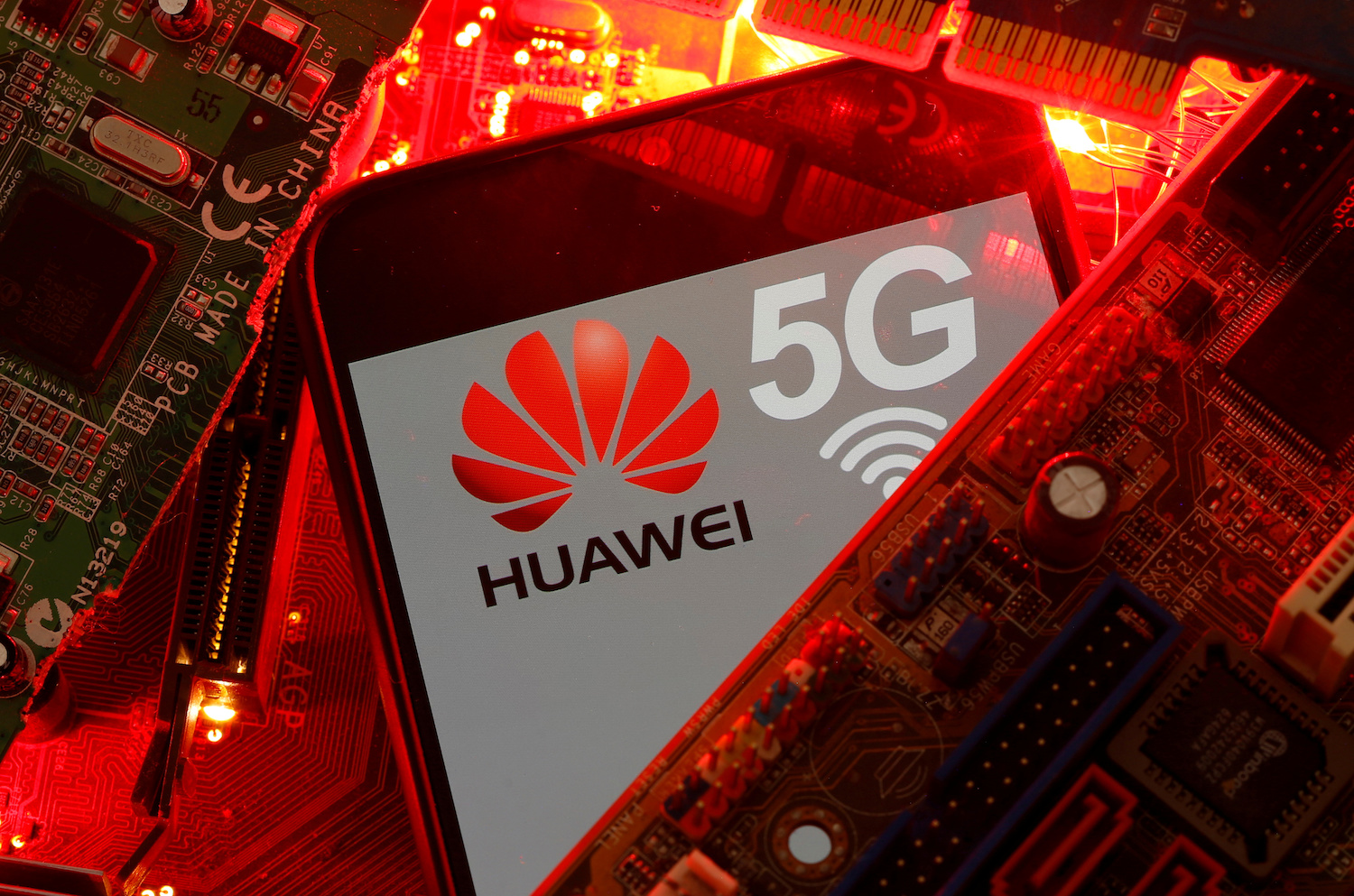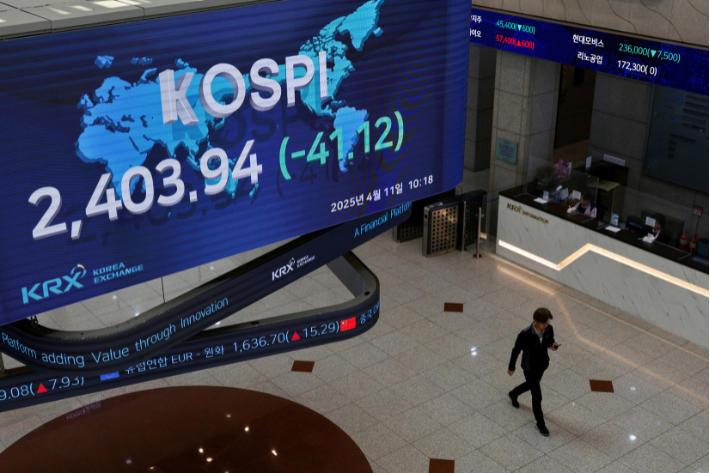Canada is the only member of the Five Eyes intelligence-sharing alliance that has not formally blocked Huawei from 5G networks, but it has effectively done just that, delaying a decision long enough to force telecom companies to exclude the Chinese gear maker.
The strategy allows Canada to keep on the right side of both China and the United States as they tussle over Huawei Technologies, say six well-placed sources with direct knowledge of the matter.
Canada and its Five Eyes allies – the United Kingdom, New Zealand and Australia – are under pressure from fellow member the United States to squeeze out Huawei on security grounds.
5G networks offer data speeds up to 50 or 100 times faster than 4G networks and are expected to power everything from telemedicine and remote surgery to self-driving cars.
Canada has been mulling whether to disbar the firm’s next-generation equipment for the better part of two years, brushing off increasing signs of industry impatience.
In June, Bell Canada and rival Telus Corp – two of the biggest wireless providers – teamed with Sweden’s Ericsson and Finland’s Nokia Oyj to build fifth-generation (5G) telecoms networks, ditching Huawei for the project despite using Huawei 4G gear.
“The absence of a solution will eventually settle all problems,” said a source directly familiar with the approach taken by the Liberal government of Canadian Prime Minister Justin Trudeau.
Rogers Communications Inc, Canada’s other large wireless operator, announced in 2018 it was using Ericsson 5G equipment.
Earlier this month, the Trump administration said it would further tighten US restrictions on Huawei, aimed at cracking down on its access to commercially available chips.
Operators in Canada feel the US curbs mean they have no choice but to sideline Huawei in 5G networks, at least for now, say the sources, who requested anonymity given the sensitivity of the situation.
“They’ve done the political calculus and said ‘The best thing for us is to do nothing and if we do nothing we don’t upset the Chinese, we don’t upset the Americans’,” said a source familiar with what government officials are saying.
Staying on the right side of China has become an important consideration. Huawei Chief Financial Officer Meng Wanzhou is fighting extradition to the United States since Canadian police detained her in December 2018.
In response, Beijing arrested Canadian citizens Michael Spavor and Michael Kovrig, charging them with espionage. Canada says gaining their freedom is a top priority.
“If it weren’t for the two Michaels, Canada would have already said it would not be using Huawei 5G technology,” a diplomatic source said. Government officials deny the fate of the two men is linked to 5G.
In 2018, both Australia and New Zealand blocked service providers from using Huawei 5G equipment.
To be sure, Canada will one day make a decision. Two other people who have consulted with Canadian officials say they think it is only a matter of time before Ottawa unveils a ban.
Won’t be rushed
But a source directly familiar with government thinking stressed that Ottawa had not yet come to a firm conclusion and would not be rushed, adding that officials were taking their time to avoid Britain’s predicament.
The British government said last month it would ban Huawei from 5G networks by ordering companies to remove the equipment by 2027. In January, it had initially said Huawei could have a limited 5G role.
“That underscores why you need to get this right and why you only get one chance … we don’t want to find ourselves in a situation like the Brits where we’re having to go back and put the toothpaste back in the tube,” said the source.
The office of Canada Innovation Minister Navdeep Bains – who is formally charged with making a decision on Huawei and 5G – said in a statement that it could not comment on a particular company. It did not say when an announcement would be made.
A Bell spokesman noted that in May, CEO Mirko Bibic said he had no insights into government thinking on Huawei and 5G. Telus did not respond to a request for comment.
Huawei said in a statement that it believed Ottawa “when it says it is taking the time to make a considered decision”.

Documents not released
Meanwhile, a Canadian court blocked Huawei Chief Financial Officer Meng Wanzhou’s request for the release of more documents related to her arrest in 2018, court documents released on Tuesday said.
Meng, 48, was arrested in December 2018 at Vancouver International Airport on a warrant from the United States, charging her with bank fraud for allegedly misleading HSBC about Huawei’s business dealings in Iran.
She and her lawyers argued for the release of more documents from the Canadian government, as part of a claim that Canadian and American officials committed abuses of process during her arrest.
Although Canada released some documents requested by Meng and her team, lawyers for the Canadian attorney-general declined to release all of the documents, claiming that some would threaten national security if disclosed.
A federal judge agreed with the Canadian government’s lawyers, deeming the information requested not relevant to Meng’s arrest.
“The information does not provide the ‘missing pieces of the puzzle’ that Ms. Meng seeks,” Judge Catherine Kane wrote in her ruling issued on August 21.
Huawei did not immediately respond to a request for comment.
Meng is scheduled to appear in court in September for hearings relating to the claims of abuses of process.
(Reporting by David Ljunggren and Moira Warburton in Vancouver; Additional reporting by Steve Scherer in Ottawa).























